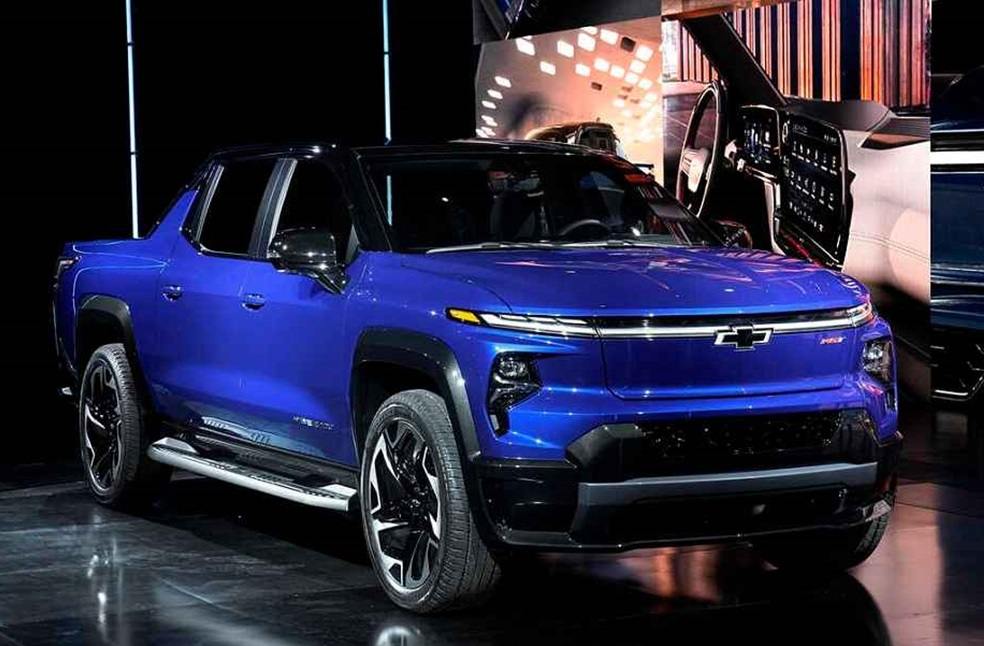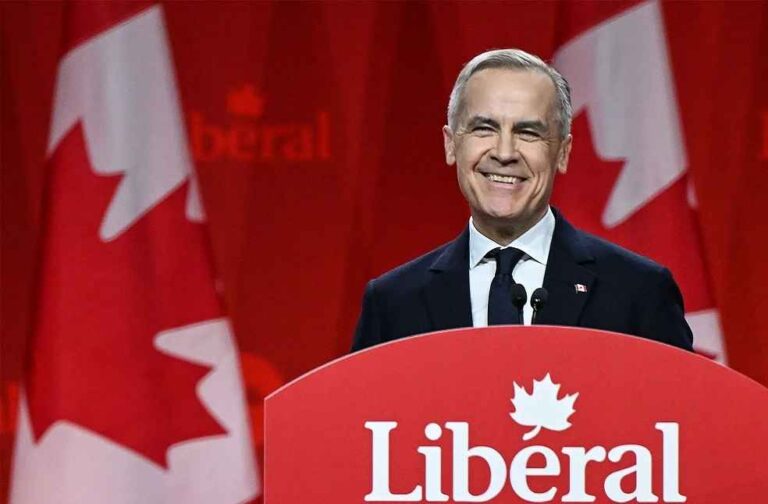Prime Minister Mark Carney met with leaders from Canada’s auto sector on Wednesday to discuss building a more sustainable, made-in-Canada supply chain, as the industry continues to face major challenges due to ongoing U.S. tariffs. The meeting comes amid a 25% U.S. tariff on Canadian-made vehicles and a 50% duty on key materials like steel and aluminum, though certain U.S.-produced components are exempt.
Representatives from the Canadian Vehicle Manufacturers’ Association (CVMA), Ford Canada, Stellantis Canada, and GM Canada attended the discussions. A readout from the Prime Minister’s Office confirmed the talks addressed ongoing trade negotiations with the United States, with a goal to reach a new deal by July 21, 2025. Discussions also covered the need to diversify trade partners and improve sustainability within the industry.

Carney outlined federal support measures for auto workers and businesses affected by the tariffs and said Canada would adjust its countertariffs in line with the anticipated trade and security deal with the U.S. by July 21. He also emphasized the government’s interest in strengthening the industry’s competitiveness amid changing global trade dynamics.
While trade dominated the conversation, sustainability and Canada’s electric vehicle (EV) mandate were also key concerns. Brian Kingston, President and CEO of CVMA, warned that current EV policies are “not sustainable.” Under existing targets, 100% of new light-duty vehicle sales must be zero-emission by 2035. Despite industry pushback, the federal government has confirmed it will not revise the mandate.
Adding to the challenge, Ottawa ended its Incentives for Zero-Emission Vehicles program in January, although plans to relaunch consumer rebates remain unclear. The lack of financial support has drawn criticism from automakers who say Canada’s EV goals are becoming increasingly unrealistic. In Q1 2025, EVs made up just 8.7% of new vehicle sales, down from 16.5% in Q4 2024, according to Statistics Canada.

The broader economic impact of the tariffs has been notable. Ontario, home to much of Canada’s auto industry, lost 35,000 manufacturing jobs in April. A report by the province’s financial accountability officer warned of a potential modest recession this year, with growth expected to stay low into 2026.
Despite the difficult outlook, automakers have so far avoided layoffs. Stellantis, GM, Toyota, and Honda confirmed no job losses related to the tariffs, attributing this to continued full-capacity vehicle production. However, concerns remain if trade tensions persist.
David Adams, President of Global Automakers of Canada, noted that Toyota and Honda, who account for around 70% of Canada’s auto production, were not included in the meeting, which focused on CVMA members, the Detroit Big Three. He expressed hope for a future meeting, emphasizing the long-standing commitment of Japanese automakers to the Canadian market.
NEW LAUNCH | Hyundai Opens UX Studio Seoul to Shape Future Mobility Experience





